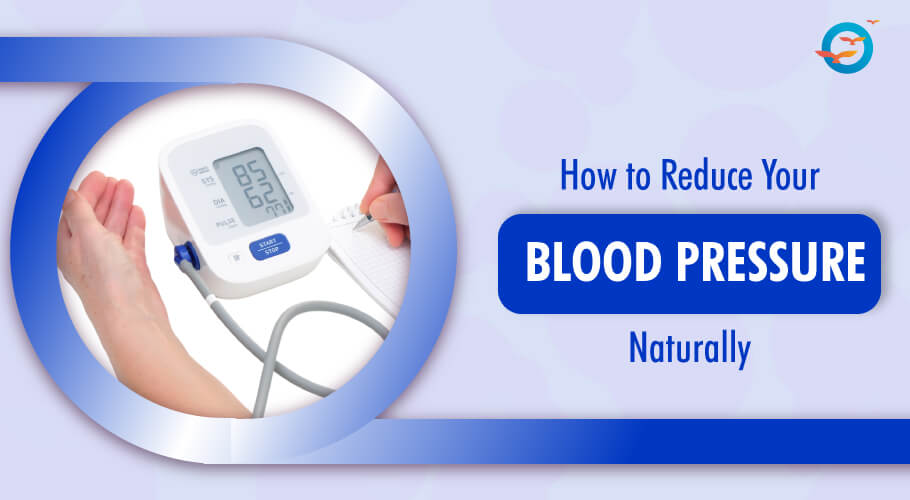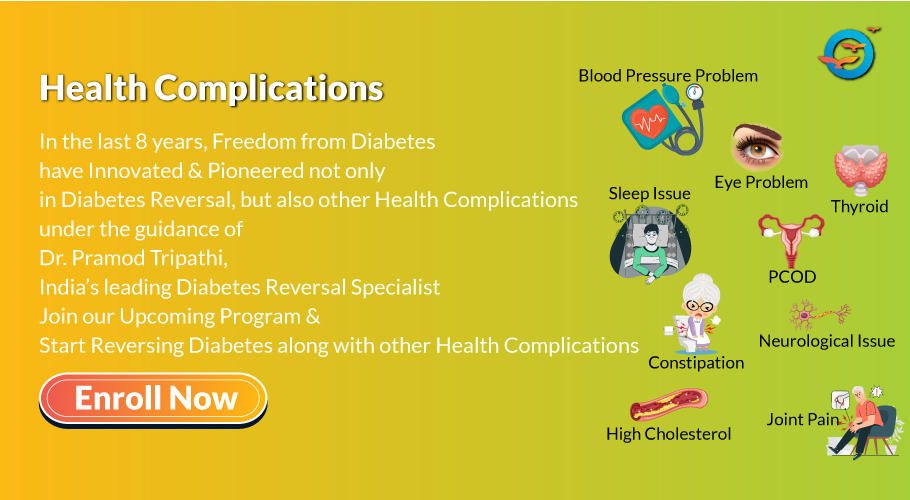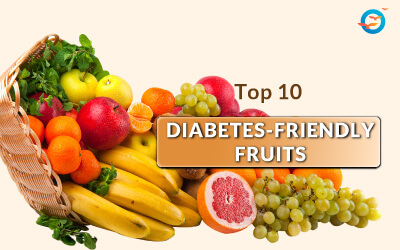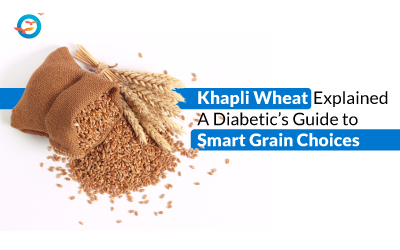Natural ways to lower blood pressure

High Blood Pressure is a global problem affecting millions of people across the world. Left untreated, it can lead to heart disease, stroke, kidney damage and even death. Unfortunately hypertension—to give it its medical name—doesn’t always show up with clear signs and symptoms; which is why it is sometimes referred to as the silent killer. All is not doom and gloom, however. You can lower your blood pressure, and this article gives you ten different ways to do this, naturally.
BP readings are measured in mm/Hg. The readings have two levels, a lower one, called the diastolic, which is when your heart is resting between beats, and a higher one, called the systolic, which is when your heart is in the action of pumping. The normal range for BP is 80/120; anything above 90/140 puts your BP in the hypertensive zone.
Natural ways to reduce blood pressure
1. Exercise regularly
Exercising regularly strengthens your heart, improves its blood-pumping efficiency, and lowers the pressure in your arteries. All in all, it is one of the most basic and best things you can do to normalize your blood pressure. Even simple activity, like walking—provided it is done vigorously, and regularly—can improve your BP and heart health. Try and get in at least 30 min of exercise a day.
2. Lower sodium consumption
Salt has become so prevalent in today's world, that it permeates almost everything you eat, especially processed food. Salt contains sodium, which the body tries to balance by holding water. This can cause BP to rise, stressing your heart and blood vessels.
However, the link between salt and BP is not a given; it depends on a number of factors, including a genetic sensitivity to salt. But if you do have high BP, it is certainly recommended you try reducing salt consumption and monitor to see if there is a difference. One simple way to reduce sodium is by cutting out processed foods or using spices to season food, instead of salt.
3. Reduce or cut out alcohol
Alcohol causes blood vessels to narrow, due to the action of a hormone called Renin. Constricted blood vessels automatically translate to higher blood pressure In addition Renin decreases fluid output (urine). Higher fluid levels and constricted blood vessels are dangerous combinations for BP.
4. Eat more high-Potassium foods
If sodium increases fluid retention, potassium has the opposite effect. It helps rid the body of sodium and lowers pressure on your blood vessels.
Modern diets are, unfortunately, high in sodium and low in potassium. But you can balance this by reducing consumption of processed foods, and replacing them with fresh whole foods, such as:
- Leafy green veggies, tomatoes, sweet potatoes
- Fruit, especially: melons, bananas, oranges
- Nuts and seeds
- Beans
5. Reduce caffeine intake
If you want to see the effect of caffeine on BP, just have a quick cuppa and then take your BP; you’ll see an instant spike. If you consume a lot of coffee regularly, this spike can quickly become permanent. If you need to have a cup, try substituting coffee with green tea. It contains no caffeine and is quite refreshing.
6. De-Stress
High-stress levels drive BP up. When you’re under stress, your endocrine system floods your body with two hormones, cortisol, and adrenaline. These instantly accelerate your heart rate and constrict your blood vessels, as your body prepares for fight-or-flight. Another side effect is that stress often leads to other adverse behavior like consuming alcohol or unhealthy food.
Exercise is a great way to de-stress. You can also try listening to calming music—several studies show that listening to classical music has a soothing effect on BP. Meditation is another excellent way to manage stress. There are many different ways to meditate—find one that suits you and incorporate it into your daily routine. You won’t regret it.
7. Reduce weight
Studies consistently show that even a modest weight loss of 5% of your body weight leads to a significant reduction of blood pressure levels. This is because, with less weight to lug around, your heart can do a more efficient job pumping blood. Put together a diet-exercise plan that works for you, and not only will you become stronger, healthier and trimmer; you’ll see your high blood pressure climb down to normal levels, and your other biomarkers too.
8. Stop smoking
Cigarettes contain nicotine, an ingredient that is known to narrow blood vessels and speed up heart rate, which raises your blood pressure. Kicking the butt will help lower your risk of blood pressure and heart disease as well.
9. Cut out the sugar
Sugary foods—in fact, anything containing refined carbohydrates, such as confectionery—are quickly absorbed in the bloodstream as glucose. A rise in blood glucose levels is all-around bad news, raising the risk of insulin resistance, and all the disorders that go with it, from diabetes to BP. Moving to a low-carb diet will help bring your Blood Pressure quickly down to the normal range.
10. Eat dark chocolate
We’ve saved the best for last. Chocolate, everyone’s favorite dessert, contains plant compounds called flavonoids. Chocolate or cocoa helps relax blood vessels, reducing blood pressure. That’s not all; flavonoids are powerful anti-inflammatory agents, protecting your cells from damage caused by free radicals. Some studies have shown that they offer protection from heart disease, diabetes, and even cancer and Alzheimer’s.
In Conclusion
Over time high BP leads to a multitude of health issues from diabetes to kidney damage, so it is very important to keep your BP in the normal range. Since hypertension has few to no symptoms in the earlier stage, it is important to get it checked regularly. FFD’s Holistic Health Transformation program offers a completely safe, natural, and proven way to get your health back—not just your BP, but your blood sugar levels, and other insulin-resistance-related disorders too. You can find more information about our programs at www.freedomfromdiabetes.org
FAQs
What is high blood pressure, and why is it called the silent killer?
High blood pressure, or hypertension, is a condition where the force of blood against the artery walls is too high. It's often called the silent killer because it doesn’t always show symptoms but can lead to serious health issues like heart disease, stroke, and kidney damage.
How does exercise help lower blood pressure?
Regular exercise strengthens the heart, improves blood flow, and reduces pressure in the arteries, which helps lower blood pressure.
Why should I reduce sodium intake for high blood pressure?
Sodium can cause the body to retain water, increasing blood pressure. Reducing sodium by limiting processed foods and using herbs and spices instead of salt can help manage hypertension.
How does stress contribute to high blood pressure?
Stress triggers hormones like cortisol and adrenaline, which increase heart rate and narrow blood vessels, raising blood pressure. Managing stress through exercise, meditation, or calming activities can help.


